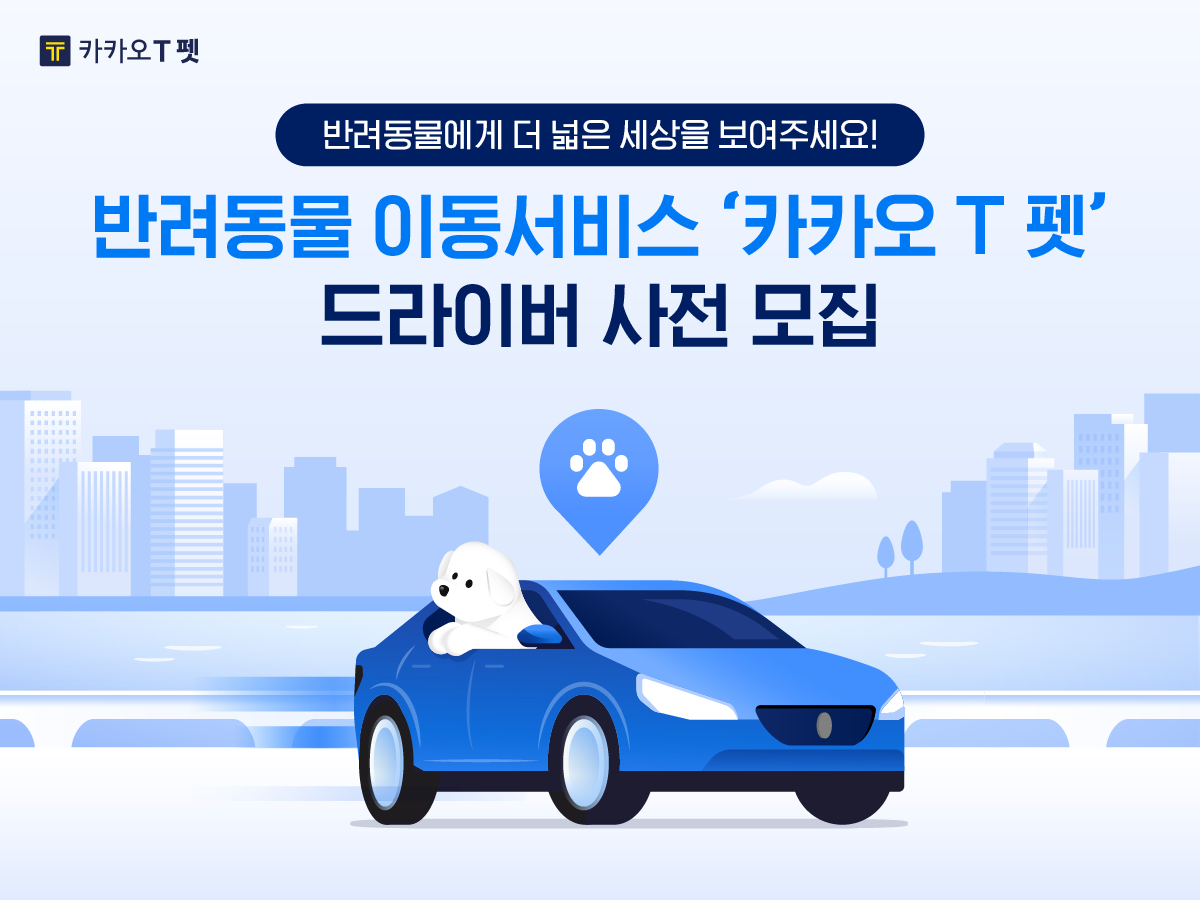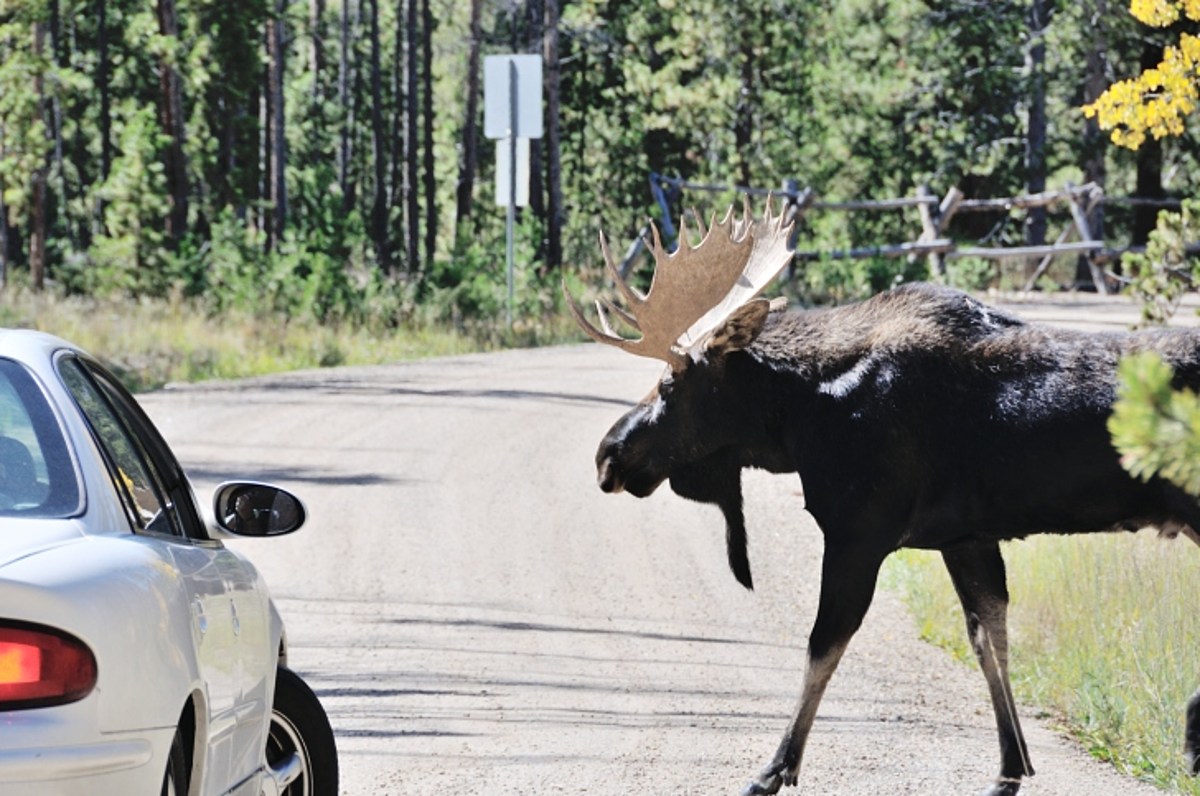|
Poster Recruiting Drivers for Kakao T Pet (Kakao Mobility) |
“I hate locking my dog in a stuffy cabin when I’m on public transport. It suffocates them,” Kim said. Sometimes bus drivers stop them from jumping on board with their fluffy companion.
For pet owners like Kim, “pet taxis” are an attractive alternative. From vet pickups to animal ambulances, the pet chauffeur service has sprung up across the country since 2017, when the service got the green light. Most in the industry are small, independent taxi drivers. And Kakao Mobility, operator of the large taxi call service Kakao T, is now involved.
The company’s announcement of launching “Kakao T Pet” next month comes just about a year after the mobility giant acquired the country’s leading pet taxi startup, Pet Me Up.
Supported by the well-funded Kakao subsidiary, each cabin will be designed with pet safety fencing and pet car seats in mind. The service also offers specialized health insurance that is more comprehensive than the insurance plans of smaller competitors that treat pets as mere “objects.”
The new Kakao service aims to attract customers who are struggling to book pet taxis, especially outside of Seoul. Add in a widespread mobility platform, and Kakao is likely to edge out its smaller rivals that are already saturating the market.
Convenience to consumers and growing demand for animal rights have prompted Kakao to try its hand at the pet transportation industry.
However, experts doubt how long the service would last. The market for animal transport is ultimately limited mainly to single-person households without a car, they said. It cited the case of KST Mobility, the operator of Macaron Taxi, which had to shut down its pet taxi service in April, less than a year after its July 2020 launch.
Instead, experts point to Kakao’s ambitions to establish itself as an all-rounder in the mobility sector.
The company has expanded its business into bikes, trains and parking lots. The animal taxi service will further strengthen the company’s mobility portfolio, which brings together different forms of transport services on a single platform.
Greater forbearance in corporate governance is another factor.
Pet taxis are classified as an “animal transport service,” not a “passenger transport service.” A driver who has been driving a car for more than two years and owns a car that is less than 8 years old is eligible for the pet transport service. The requirements are much less complicated than acquiring a passenger taxi license. Industry observers say Kakao will use its pet service as a testing ground for ride-hailing, which is essentially banned in Korea.




